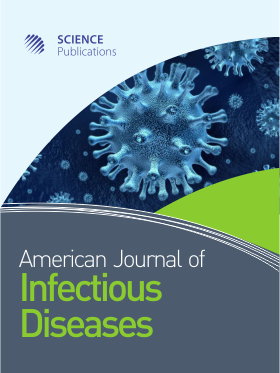Role of HIV-1 Infection in Addictive Behavior: A Study of a HIV-1 Transgenic Rat Model
- 1 Seton Hall University, United States
Abstract
Epidemiological research indicates that drug abuse is prevalent among individuals infected with HIV-1. Evidence from preclinical research also suggests that drugs of abuse exacerbate the progression of neuropathological changes in the HIV-1 infected brain probably through common mechanisms of neuronal injury. The effects of HIV-1 on the efficacy and abuse potential of controlled drugs such as morphine, however, has not been explored. The current study reports that the noninfectious HIV-1 transgenic (HIV-1 Tg) rat shows up-regulated expression of the mu opioid receptor (MOR) at the transcriptional level and functional supersensitivity to morphine, a MOR agonist. Compared to nontransgenic control rats, the HIV-1 Tg rats also show greater motivation to run in a wheel, a behavior that is known to be associated with increased drug self-administration. These results suggest the potential role of HIV-1 infection in enhancing vulnerability to addiction and this possibility warrants further investigation to better understand the link between HIV-1 infection and the abuse of drugs including opioids.
DOI: https://doi.org/10.3844/ajidsp.2006.98.106

- 4,108 Views
- 2,632 Downloads
- 19 Citations
Download
Keywords
- HIV
- morphine
- mu opioid receptor
- wheel running
- addiction
